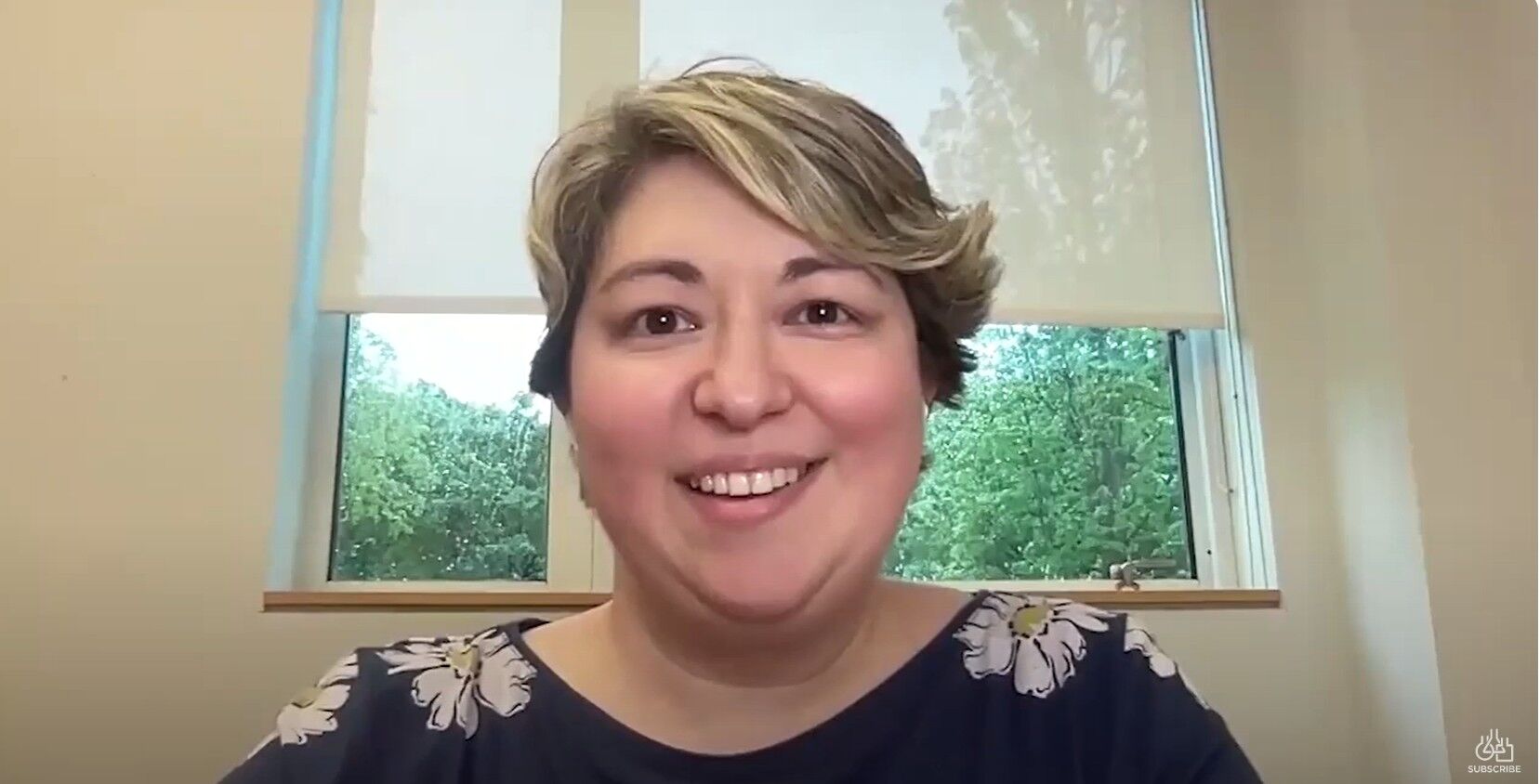Stephanie Bouley has spent the past 11 years searching for new treatment options for neurofibromatosis type 1 (NF1). In this heartfelt video, she shares how early support from the Children’s Tumor Foundation (CTF) helped launch her career—from her first Young Investigator Award to a life-changing meeting at the Global NF Conference that led to a prestigious postdoctoral opportunity. Stephanie’s story is a powerful reminder of why funding scientific research at every career stage is vital—not only for advancing breakthroughs, but for building the future of NF research. Watch her story below.
Stephanie’s journey is just one example of the countless lives shaped by early support—and the discoveries made possible when young scientists are given the chance to thrive. But we can’t continue this vital work without you. The future of NF research depends on steady, sustained investment in researchers at every stage. Your gift today fuels not just one career, but a ripple effect of progress, innovation, and hope for the NF community. Please donate now and stand with the scientists working to end NF.
Video Transcript
Hello. My name is Stephanie Bouley and I have spent the past 11 years working to find novel treatment options for neurofibromatosis type one. Today, I would like to talk to you about the impact that the Children’s Tumor Foundation has had on my life.
I first learned of NF1 when I was a graduate student at Dartmouth College in Hanover, New Hampshire. In 2014, I joined a research lab focused on discovering new drug targets that could kill NF1-deficient tumors when inhibited. This is also when I became familiar with the Children’s Tumor Foundation, as two members of the lab had received funding from CTF previously. Halfway through my graduate research, I applied for a Children’s Tumor Foundation Young Investigator Award to help fund my doctoral work. I was fortunate enough to receive the award and it allowed me to perform crucial experiments related to my dissertation. These experiments led to the identification of a novel drug target, and the compound we identified has been patented in the hopes that it can be made into a therapeutic in the future.
Those funded by the Children’s Tumor Foundation Young Investigator Award are provided with the means to attend the NF Conference hosted by CTF every year. These conferences have been crucial to my development as a researcher by allowing me to learn from others in the field, as well as from the patients who attend. Without the support provided by the Children’s Tumor Foundation, I would not have been able to attend the 2018 Global NF Conference in Paris, France. It was at this meeting that I was able to meet an established researcher whose work I had heard discussed, but I had not yet met.
It was at a small restaurant located near the venue that I ran into this researcher, and there I was able to discuss my work and my future plans with him. Following that conversation, I was given the opportunity to come and interview for a postdoctoral position in his lab at Massachusetts General Hospital. I am happy to say that I accepted that position and I have been fortunate enough to work under the mentorship of Dr. James Walker for the past six years.
The funding provided by the Children’s Tumor Foundation helps solidify my place in the NF community as a researcher from an early career stage, but it also helped me find a place where I could grow as a scientist and as a person with some of the most dedicated researchers and physicians I have ever met. Through collaborations with other labs companies and nonprofit organizations, I have been able to make an impact on the lives of those living with NF1, not only through the work at the bench, but also through volunteering and conversations I’ve had with patients.
We are living through a very difficult and uncertain period of time for those involved in scientific research. I fear that if aspiring individuals are not supported early in their career, they will never develop into strong researchers. Likewise, if those with established laboratories are not supported, they will not be able to continue to mentor young scientists.
I began my research career knowing that I wanted to work on a condition where I can make a difference in the lives of others because I have seen firsthand the struggles associated with a diagnosis where there are few treatment options available. It has been over a decade since I first started working on NF1. I hope that I will be able to continue to make a difference in the lives of others through my research, but I will not be able to do that if the importance of research is not understood by those who can make a difference.
I ask that the Children’s Tumor Foundation continue to support researchers at all stages of their career, and I am grateful for the support that they have shown me over the past decade. I look forward to seeing what the Children’s Tumor Foundation continues to do, not only for researchers and clinicians, but for the patients that they support. Thank you.


